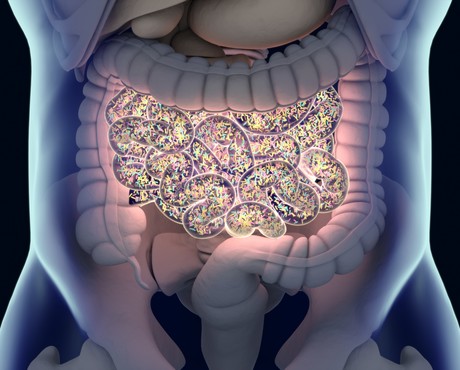Identifying gut microbes linked to mammalian evolution

North American scientists have made a key advance towards understanding which of the trillions of gut microbes may play important roles in how humans and other mammals evolve, coming up with a way of classifying these microbes based on their ancestry and common distribution across mammals. Their work has been published in the journal mBio.
As explained by lead author Christopher Gaulke, a postdoctoral scholar at Oregon State University (OSU), “The gut microbiome matters to the health of mammals like humans and mice, so perhaps it also affects a mammal’s ability to survive and reproduce in nature. If so, then the gut microbiome may influence how animals evolve such that individuals that carry the proper set of gut microbes are more likely to thrive.”
Gaulke worked with collaborators at OSU, the University of Illinois and the University of Quebec at Montreal to develop a classification system known as ClaaTU — short for cladal taxonomic units (a clade is a group of organisms thought to have descended from a common ancestor). The new algorithm and corresponding software sharpen and fine-tune the focus needed to clarify potential ecological or evolutionary mechanisms.
ClaaTU identifies microbial clades that manifest across multiple sets of mammal communities more frequently than expected by chance. Those that do — the ones that are ‘conserved’ in the mammalian microbiome — possibly played and continue to play important roles for their hosts.
“Identifying gut microbes that link to mammalian evolution is the first step towards evaluating this bold idea that gut microbes influence evolution,” said corresponding author Thomas Sharpton. “We were able to uncover an expansive array of such microbes by using our new approach to compare microbiomes across mammalian species.”
The research also found that humans living ‘Western lifestyles’ — ie, eating diets high in fat and low in fibre — tend strongly away from gut microbiome clade diversity when compared with non-Western humans and non-human primates. That suggests changes in lifestyle, environment and/or genetics that go along with Westernisation are connected with the conservation of gut bacterial clades.
“It’s an observation that elevates concern that industrialisation may have impacted the gut microbiome that our human ancestors evolved to harbour,” Sharpton said. “But future work will be needed to determine if the gut microbes identified in this study actually affect mammalian physiology in a way that could matter to their evolution.”
argenx and Monash University partner against autoimmune diseases
To advance a pioneering molecule for autoimmune diseases, global immunology company argenx has...
Archer completes potassium sensing alpha prototype
Quantum technology company Archer Materials Limited has developed an early Biochip prototype...
Farm animals and aquaculture cryopreservation partnership announced
Vitrafy Life Sciences Limited has announced that it has entered a 12-month exclusive agreement...



